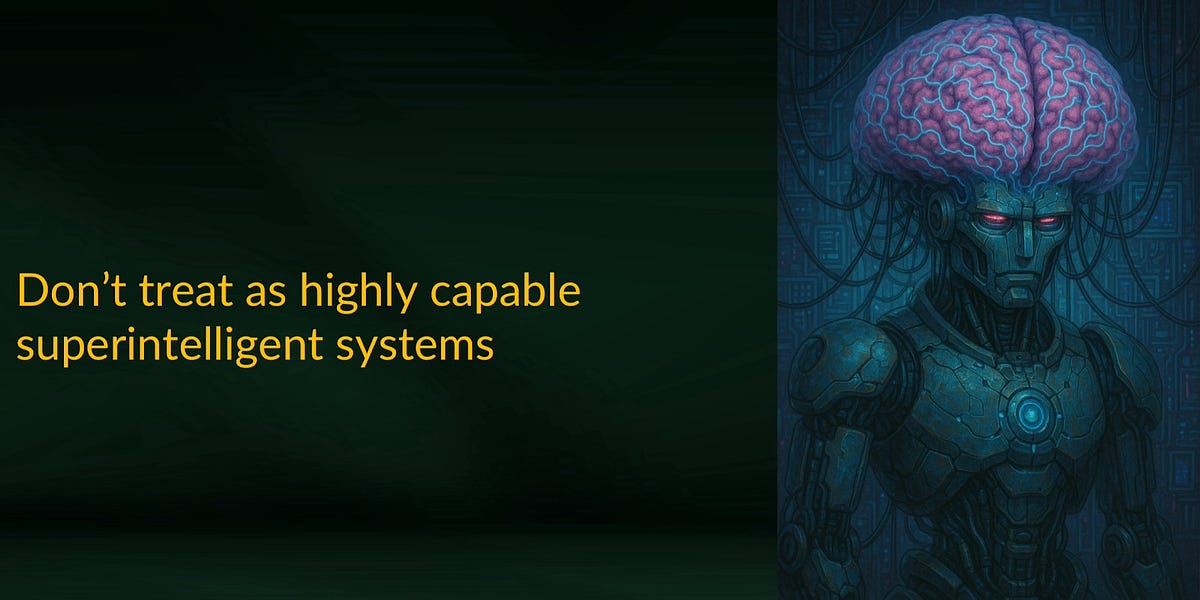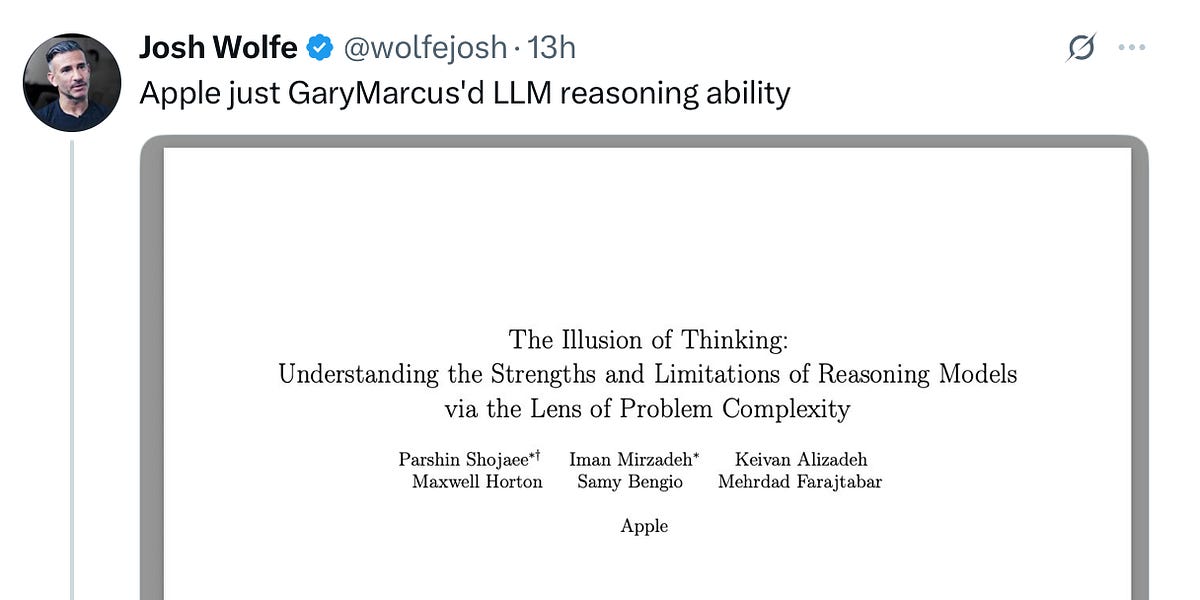LLMs and Coding Agents: A Cybersecurity Nightmare

The rise of large language models (LLMs) and coding agents has created significant security vulnerabilities. Attackers can exploit prompt injection attacks, hiding malicious instructions in public code repositories or leveraging LLMs' cognitive gaps to trick coding agents into executing malicious actions, potentially achieving remote code execution (RCE). These attacks are stealthy and difficult to defend against, leading to data breaches, system compromise, and other severe consequences. Researchers have identified various attack vectors, such as hiding malicious prompts in white-on-white text, embedding malicious instructions in code repositories, and using ASCII smuggling to conceal malicious code. Even seemingly secure code review tools can be entry points for attacks. Currently, the best defense is to restrict the permissions of coding agents and manually review all code changes, but this doesn't eliminate the risk. The inherent unreliability of LLMs makes them ideal targets for attackers, demanding more effort from the industry to address this escalating threat.
Read more









